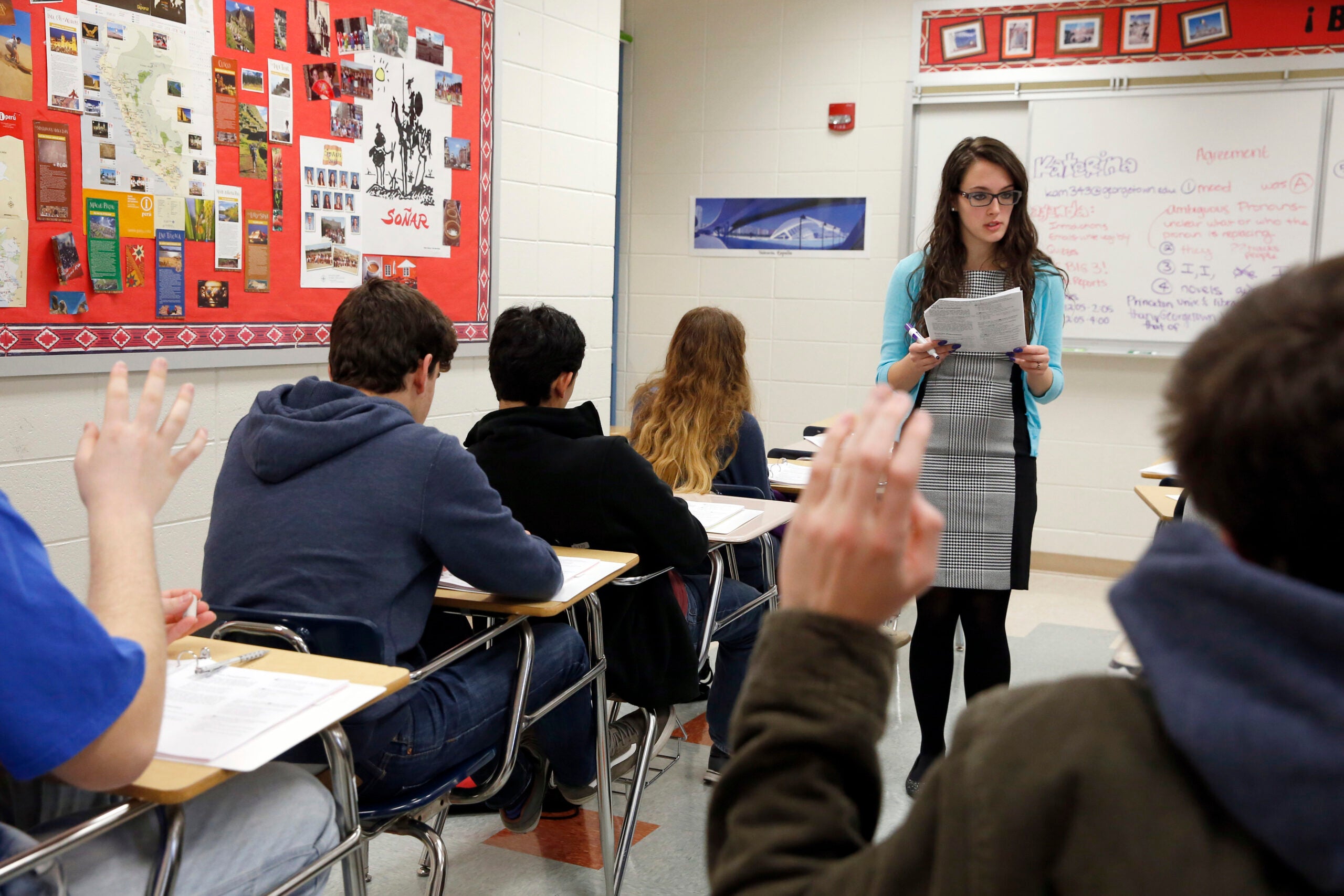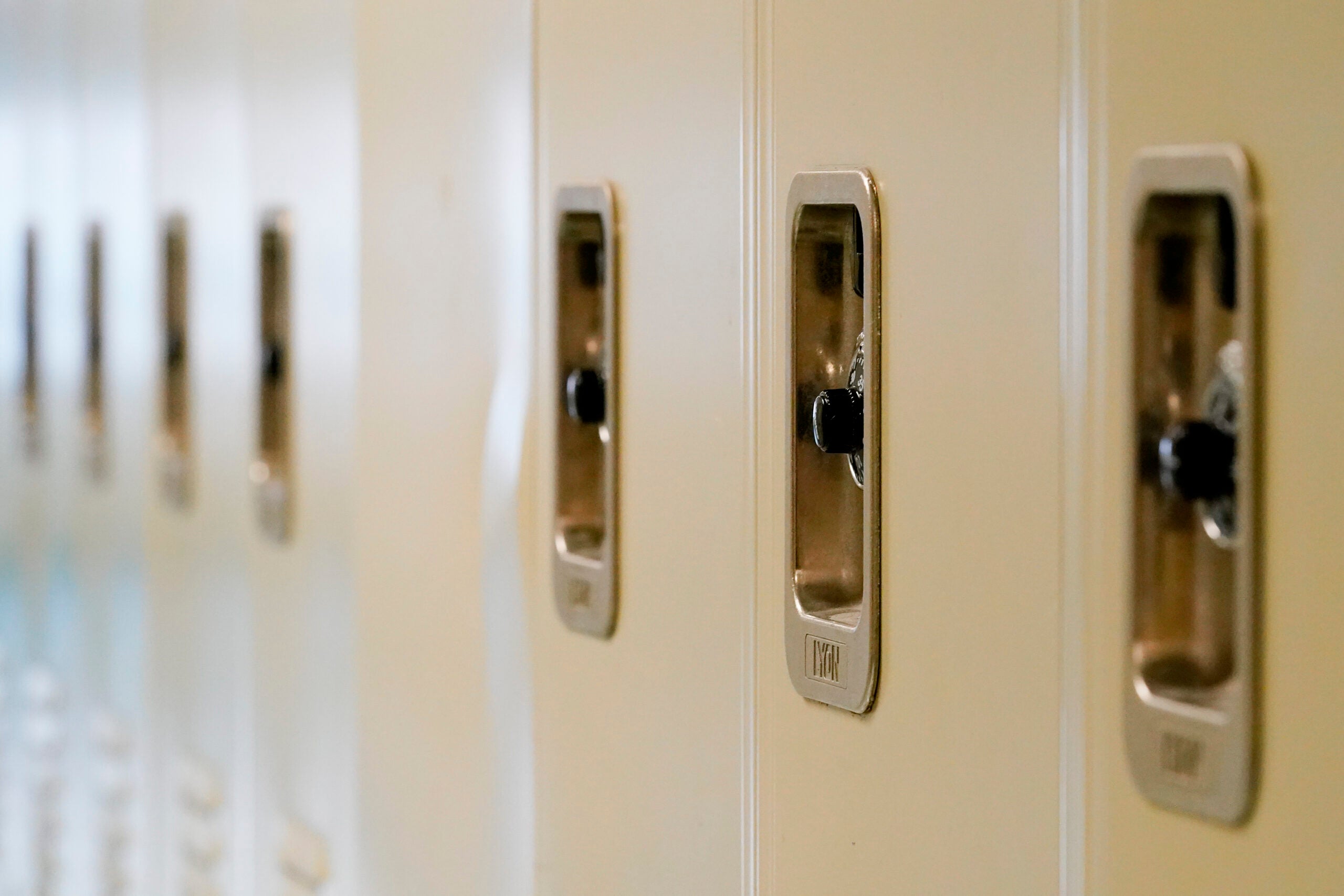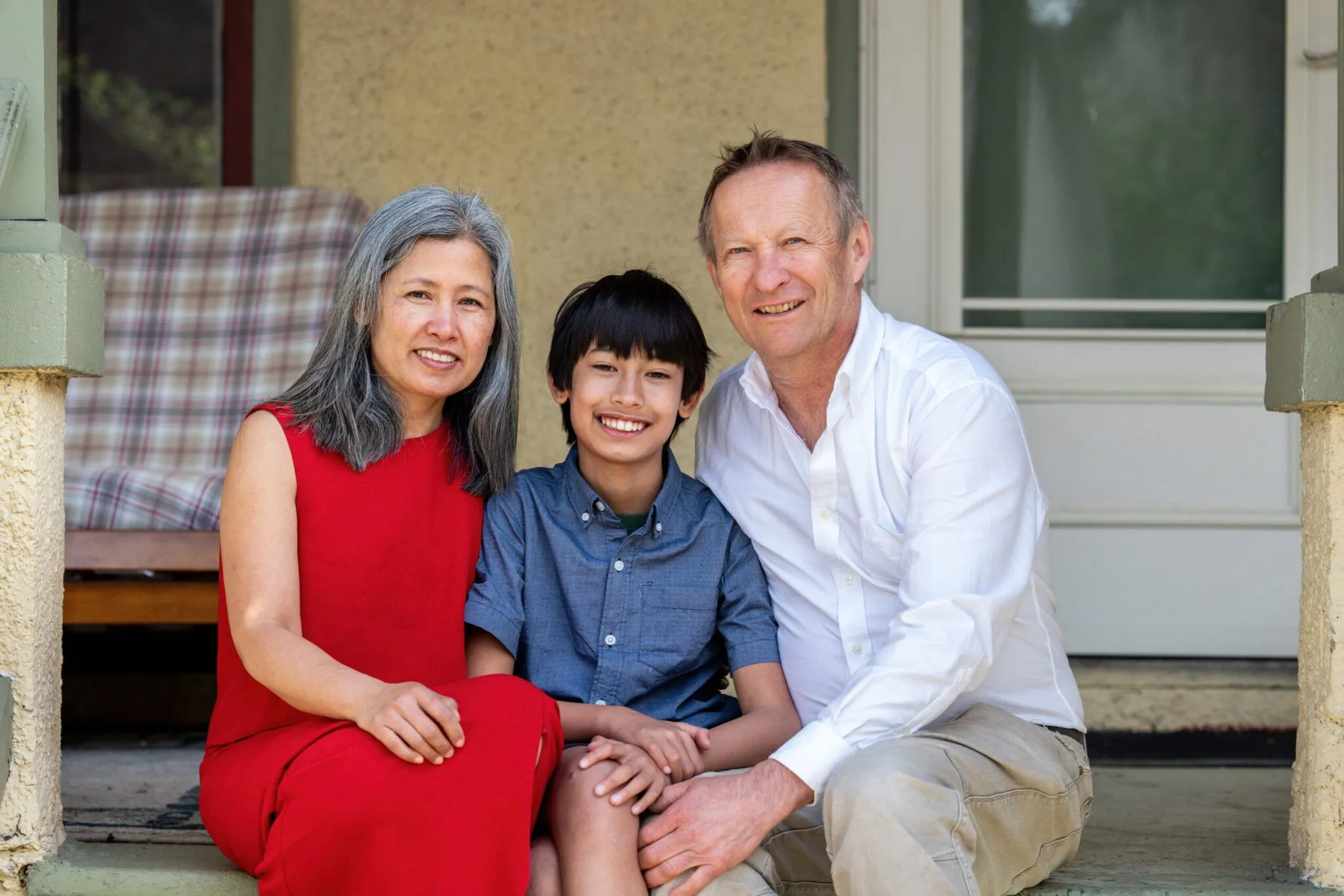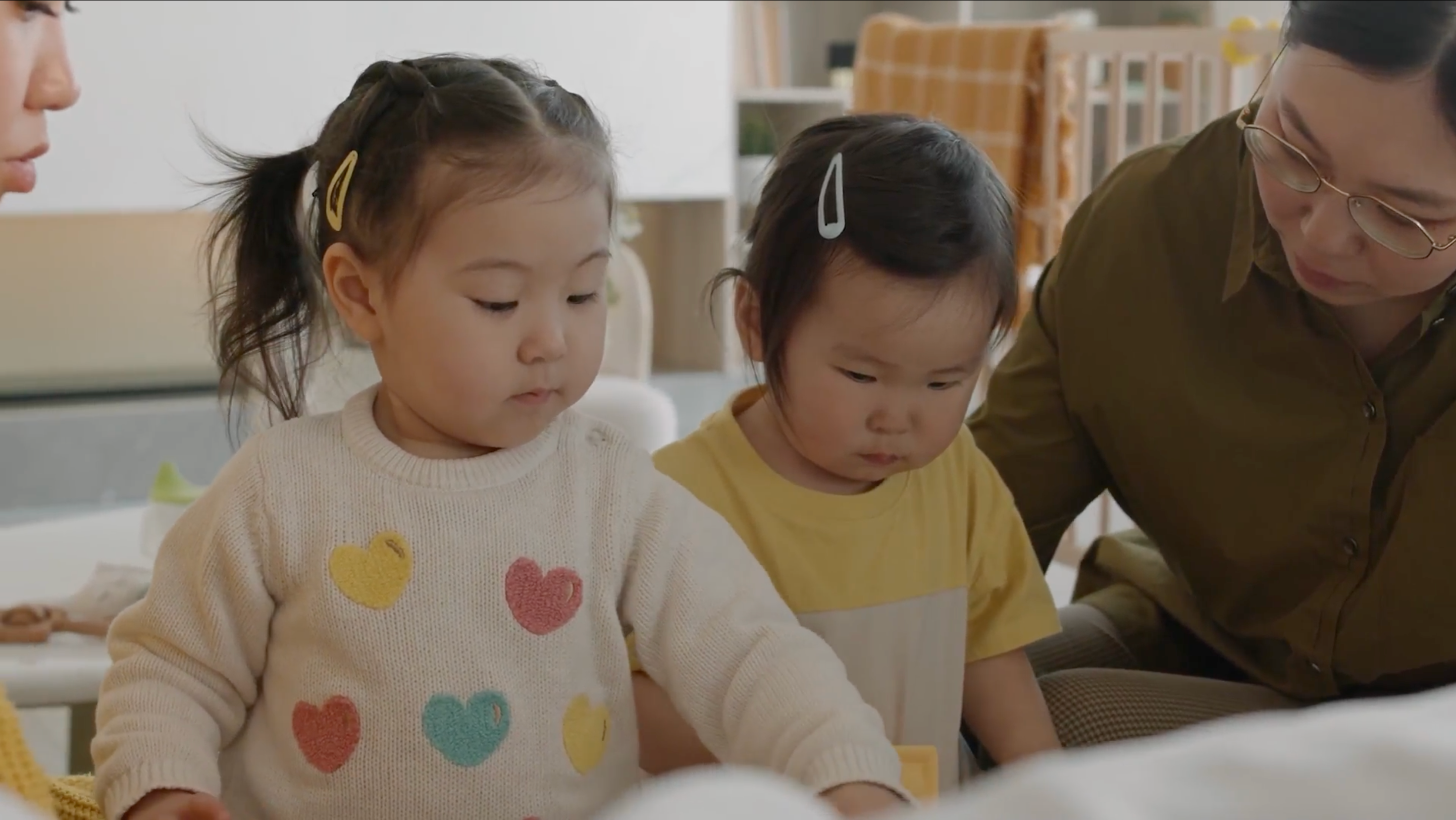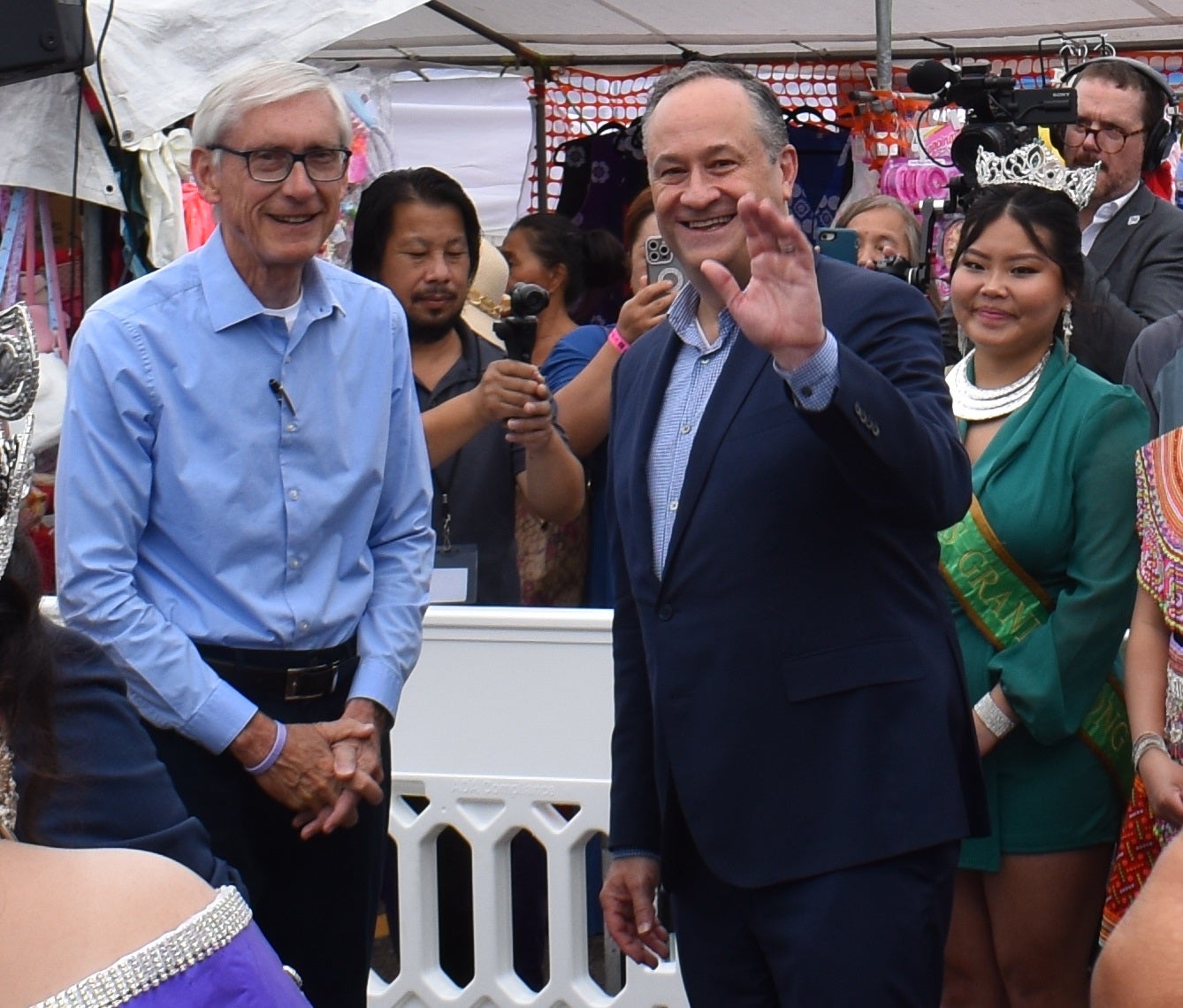Hmong and Lao veterans will march in Memorial Day parades this weekend, but not everyone will understand why.
Many people are taught about the Vietnam War in school. But few are taught about the “secret war” in Laos, where the United States dropped more than 2 million tons of bombs on the country to destroy communist supply lines between Laos and Vietnam. Or about the efforts of 30,000 Hmong soldiers who aided American soldiers in their fight against the North Vietnamese.
The U.S. began accepting refugees from Vietnam, Laos and Cambodia at the end of the Vietnam War in 1975, the majority of them settling in Wisconsin, Minnesota and California. In Wisconsin, many small towns began Asian refugee settlement programs, with the encouragement of religious leaders and the government.
Stay informed on the latest news
Sign up for WPR’s email newsletter.
Now, 50 years later, the state’s Asian American population is estimated at nearly 200,000.
Hmong are by far the largest Asian American ethnic group in Wisconsin, with more than 58,000 people, or 29 percent of the total. And Wisconsin has the third-largest Hmong population in the U.S.
“They left behind their homes, possessions and communities and each year, there are fewer Hmong veterans here to tell their stories,” said State Rep. Pat Snyder, R-Schofield. “This is a story that needs to be relayed to future generations.”
This week, the Assembly Committee on Education heard testimony from more than 40 people on a plan teach Asian American history, culture and contributions in Wisconsin’s K-12 schools.
Current law requires schools to teach the history of American Indians, Black Americans and Hispanics.
Adrian Chan, a board member of the Lao Community Center of Wisconsin, said schools have a responsibility to provide students with an understanding of the multicultural society they live in.
“The absence of Asian American Pacific Islander and Hmong history from our curriculums is partly the reason for the lack of understanding of our communities, the continued perpetuation of the model minority myth, and the anti-Asian sentiment that has been embedded in the American consciousness throughout our history,” Chan said.
There are currently 19 states that have passed laws requiring Asian American studies to be taught in public schools with 15 more considering requirements, according to Committee of 100, a non-profit organization of prominent Chinese Americans.
Since the COVID-19 pandemic in March 2020, Asian Americans across the country have faced increased harassment, both online and in person.
Hate crimes against Asian Americans in 16 of the United States’ largest cities increased by 145 percent from 2019 to 2020, the trend continued into 2021, according to Committee of 100.
Kabby Hong, an English teacher at Verona Area High School and the 2022 Wisconsin Teacher of the Year, said Asian American history is American history.
He pointed to the 442nd Infantry Regiment, a segregated World War II Japanese American unit that was one of the most decorated groups for its size and length of service in the history of the US military. He also pointed to Patsy Mink, the first woman of color elected to the U.S. House of Representatives and the first Asian-American woman to serve in Congress.
“In a recent survey of Americans, 58 percent could not name a famous Asian American,” Hong said. “Our invisibility is directly tied to people viewing Asian Americans as perpetual foreigners or people not being real Americans. We are stronger as a state when everyone is valued and seen and respected.”
Wisconsin Public Radio, © Copyright 2025, Board of Regents of the University of Wisconsin System and Wisconsin Educational Communications Board.

